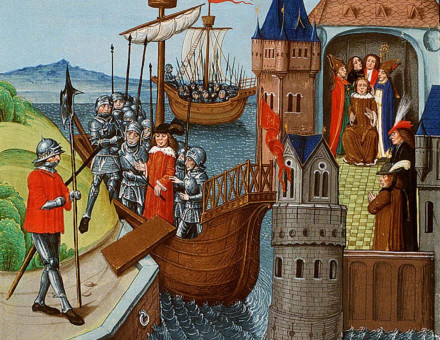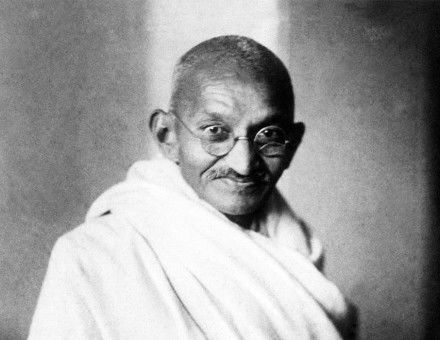In Search of Lost Time
Our conceptions of time have become more accurate but less personal, says Mathew Lyons.
If we think of time at all it is as a dimension: something we travel through, an abstract and universal measure against which we mark our progress and against which we are judged, from minute to minute, from hour to hour, from day to day, from birth to death. It dominates our lives and, like life under all tyrannies, we are so immersed in the ubiquity of its oppression we don’t notice the constraints. From where I sit now, I can see the time in three places. If I cared to, I could find it in four more without moving from my chair. The computer on which I am writing this can, with a little effort, be made to measure time in microseconds.
I can think of no practical use for that level of knowledge; but it is difficult not to feel the anxiety of its influence. Quick is good. Fast is better. Speed is everything. Most of us mark out our working days – and too much of our private lives – in the fine-sliced minutes of deadlines, alarms, appointments and schedules.





